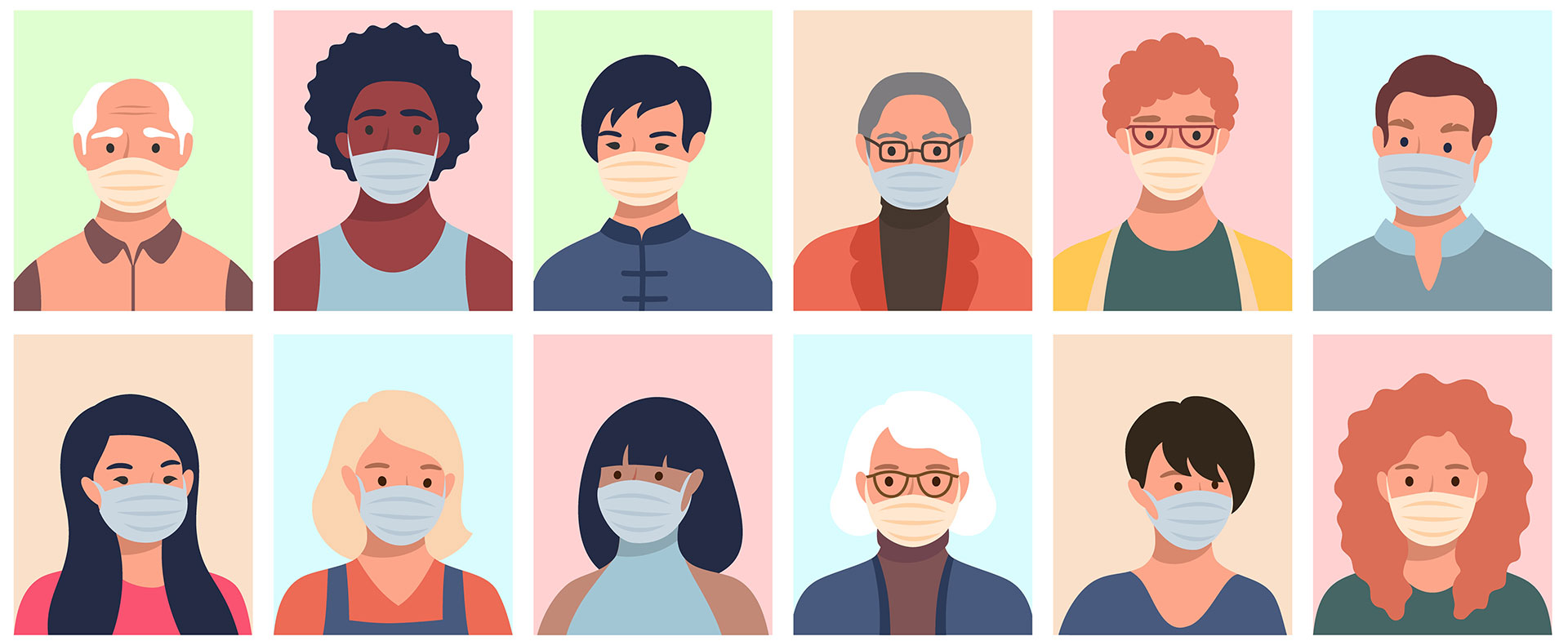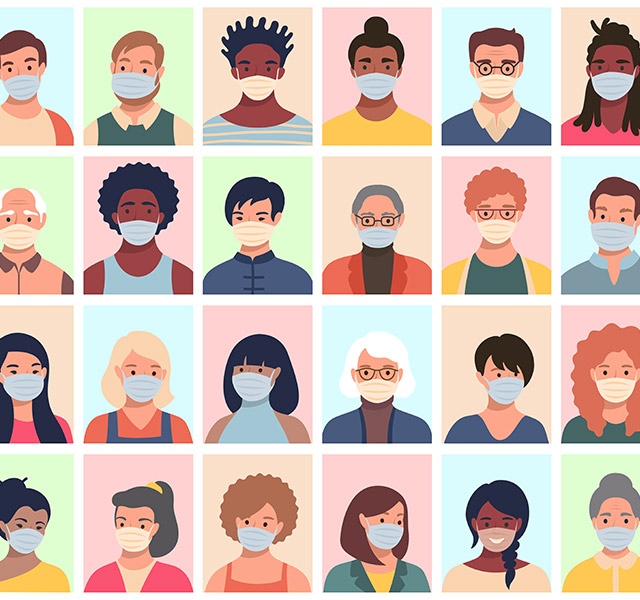Amid talk of COVID-19 and the vaccines, you might hear the words ‘immunocompromised’ or ‘immunosuppressed.' Both words describe people who have weakened immune systems. They are at a higher risk of contracting a serious case of COVID-19 and they are less likely to develop strong immune protection from vaccines because their immune systems aren’t able to mount a robust response. (That’s why it’s especially important that those who are immunocompromised receive a third dose of the Pfizer or Moderna COVID-19 vaccine.)
But who qualifies as being immunocompromised? Certain conditions—and certain treatments—can make someone immunocompromised.
Treatments That Cause Immunosuppression
A variety of treatments can weaken the immune system. Depending upon the treatment, it can take six months to a year after completing treatment for immune system function to return to normal. Treatments that can cause immunosuppression include:
- Cancer treatment. If you undergo chemotherapy or radiation, you are likely immunocompromised, as these treatments lower your white blood cell count. White blood cells are part of your immune system and they help fight disease, so when your white blood cell count is lowered, your immune system isn’t functioning as it should.
- Treatment received after an organ or stem cell transplant. If you’ve recently received an organ or stem cell transplant, you are also considered immunocompromised. “The treatment you receive after your transplant ensures your body doesn’t attack the new organ, but by doing this, it also weakens the immune system,” says Mayur Ramesh, M.D., an infectious disease specialist who works with cancer and transplant patients.
- High-dose corticosteroids. Corticosteroids are anti-inflammatory steroids that treat diseases such as rheumatoid arthritis, lupus and vasculitis (inflammation of the blood vessels). These diseases are all autoimmune conditions, which make the immune system go into overdrive. The steroids reduce inflammation and lower immune system function to calm it down. (Along with the steroids, rheumatoid arthritis, lupus and vasculitis can also cause immunosuppression.)
Conditions That Cause Immunosuppression
Cancer, along with advanced or untreated HIV infection, can compromise someone’s immune system. And people can be born with a condition that causes immune deficiency. This is called primary immunodeficiency, and it includes conditions such as:
- DiGeorge syndrome, a chromosomal condition that affects development, causing heart and immune system dysfunction.
- Wiskott-Aldrich syndrome, a condition that causes immune dysfunction and bleeding problems.
- Bruton’s agammaglobulinemia, a disorder that causes a deficiency in a type of white blood cell called B cells, which causes immune suppression.
- Severe combined immunodeficiency, a group of disorders that causes severe immune disfunction.
Developmental Disabilities And Immune Function
While not considered immunosuppressive, developmental disabilities can have an immunologic component, says Tisa Johnson-Hooper, M.D., a pediatrician with Henry Ford Health. “For example, children with Down syndrome are at an increased risk of developing leukemia, thyroid disorders and cardiac disorders, and any of these conditions places you at an increased risk of serious infection and bad outcome," says Dr. Johnson-Hooper.
Also, anyone who has a developmental disability, such as autism or Down syndrome, can be more susceptible to contracting COVID-19 because they might have a hard time wearing masks and social distancing.
So, how to protect vulnerable populations from contracting COVID-19? Getting vaccinated, social distancing and wearing a mask in public protects yourself and everyone around you, especially members of the community who have weakened immune systems. After all, managing this pandemic and keeping everyone safe is truly a community effort.
To find a doctor at Henry Ford, call 1-800-436-7936 or visit henryford.com.
Need a COVID-19 vaccine? Learn more about how to make an appointment.
Mayur Ramesh, M.D., is a physician specializing in infectious diseases in transplant and cancer patients. He sees patients at Henry Ford Hospital in Detroit.
Tisa Johnson-Hooper, M.D., is a board-certified pediatrician and serves as the medical director of GROW, Generational Resilience Opportunity & Wellness Center for Autism and Intellectual/Developmental Disabilities. She sees patients at Henry Ford Medical Center- New Center One in Detroit.



